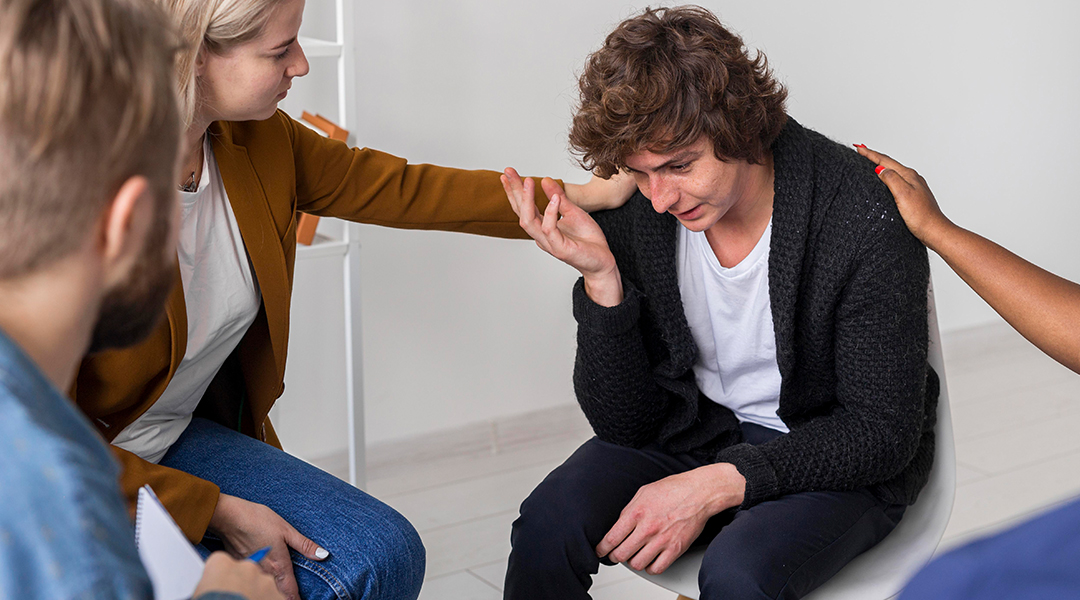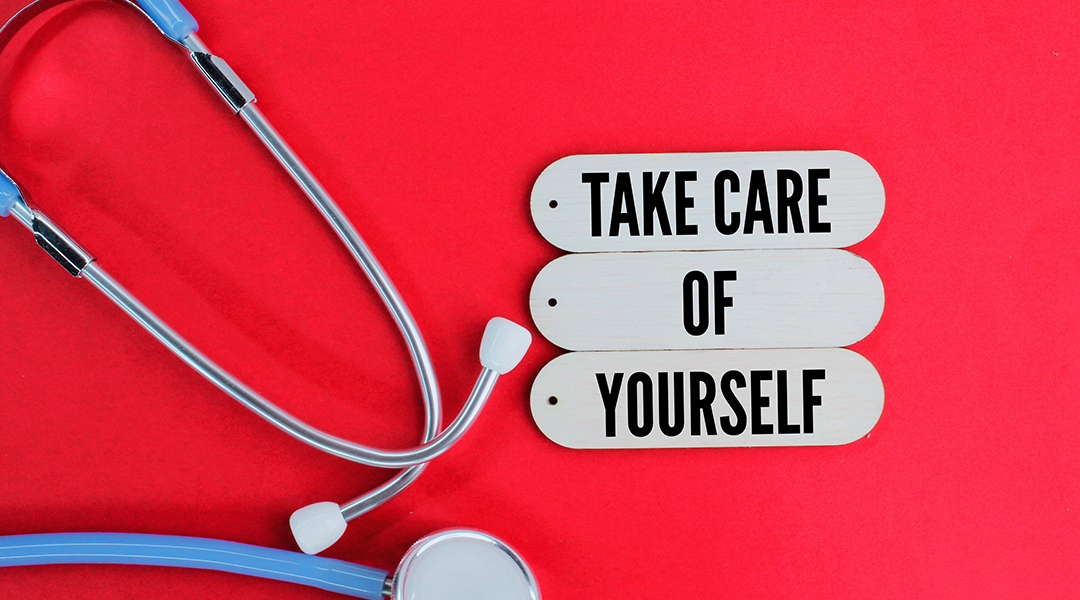Insight Behavioral Health – Recovery from addiction is complicated and is especially challenging for friends and family supporting a loved one in their journey toward healing. Each day over 20 million Americans struggle with addiction to alcohol or drugs and millions of family members and friends share in their pain. Although it is impossible to fully understand what a loved one battling addiction is experiencing, the encouragement of a trusted family member or friend goes a long way in the recovery process. Here are a few tips from the team at Insight Behavioral Health on how to support a loved one through addiction recovery.
Educate Yourself
The first step in helping someone in recovery is to learn about addiction, the recovery process, and the challenges your loved one may face along the way. Not only will this give you the resources to provide the best possible support, but it will also allow you to better empathize with what your family member or friend is experiencing. The Substance Abuse and Mental Health Services Administration (SAMHSA) offers many excellent resources, including a free 24/7 helpline.
Communicate

Open and honest communication is also essential in providing support through addiction recovery. Many people struggling with addiction simply want to be heard and to share their thoughts and feelings. By checking in on your loved one, creating a non-judgemental space, and seeing how they are doing, your friend or family member will know that you believe in their ability to persevere.
Set Boundaries & Encourage Healthy Habits
It is important to set clear boundaries and encourage healthy habits whenever you are together. This may mean avoiding drinking alcohol while out together or not providing financial assistance if it is contributing to the addiction. Leading by example with activities like exercise or eating well can also be a catalyst for bonding, providing both mental and physical health benefits along the way.

Be Patient
Keep in mind that addiction is a disease that rewires the brain, disrupts function and leads to dependency. There will likely be ups and downs during the recovery process and setbacks may occur. Although it is frustrating to see a loved one doing something that is harmful to their health, you must always be patient and avoid making the individual feel shame or uncomfortable reaching out for help.
Attend Support Groups
Support groups for families and friends are one of the best ways to understand the dynamics of addiction, gain valuable insights, and learn about resources available for both yourself and your loved one. They also offer emotional support and a sense of community with people who are facing similar circumstances.
Celebrate Progress
From small achievements to major milestones, celebrating progress in the addiction recovery process is a great way to acknowledge your loved one’s efforts and give them the boost they need to keep going. Whether it’s a favorite meal, a small gift, or simply taking time to reflect on progress made, celebrating achievements is a powerful motivator.

Take Care of Yourself
It is normal to want to put the needs of a struggling loved one above your own. However, the fear, worry, and anger that comes with addiction recovery can be emotionally draining for everyone involved. Be sure to take care of your own physical, emotional, and mental health needs by seeking support from professionals or friends. Taking time to relax, exercise, eat well, and participate in activities that bring you joy is also essential.

Supporting someone with addiction is a journey that can be overwhelming and emotionally demanding. But by familiarizing yourself with addiction, prioritizing communication, and setting healthy boundaries, it is possible to maintain the strength and resilience necessary to support a loved one effectively. Plus, professional help and support groups are available if you ever feel overwhelmed or uncertain. To learn more about our services at Insight Behavioral Health or to schedule an appointment, contact us today.
FAQ
Q: Is addiction a mental illness?
A: Yes. Addiction (or substance use disorder) is considered a mental illness. Addiction involves a complex combination of genetic, environmental, and psychological factors that affect the brain’s reward system and ability to control substance use.
Q: Can addiction be cured?
A: Although there is no definitive cure for addiction, it is possible to overcome addiction and lead a healthy, fulfilling life through treatment and recovery.
Q: Is it possible to be addicted to multiple substances?
A: Yes. It is common for people to develop dependencies to various substances and behaviors (e.g. gambling, eating) at one time. This is known as poly-behavioral addiction and often treated using an integrated approach of professional counseling, support groups, and medical intervention.

